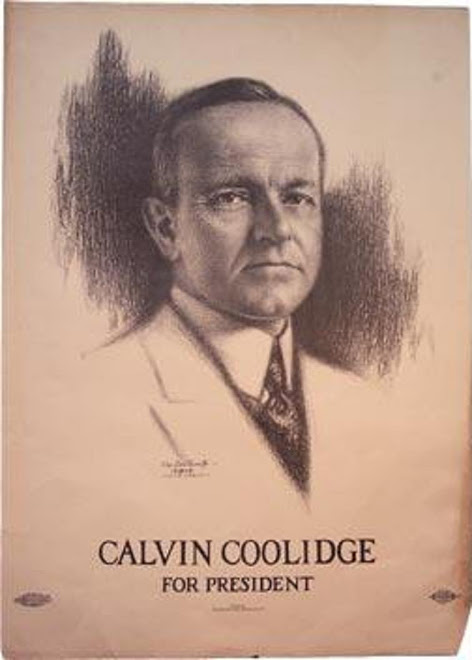Maybe the Marginal Revolution guys can shed some light on whether it's better to be fighting a consolidated jihadi monopoly or several competing terrorist firms.Unfortunately, the economists rose to the bait. First, Tyler Cowen at Marginal Revolution goes through the usual, "if this, then that" routine before saying:
My guess: In Iraq you would prefer a smaller number of groups, since there is some chance of striking a deal with them. And there we are more worried about the suicide bombers than a loose nuclear device, so economies of scale do not overturn this conclusion. We are less likely to ever "trade" with al Qaeda and its offshoots, so in that case I would prefer splintering. Furthermore al Qaeda has a greater long-run nuclear potential, so it is more important to deny them potential economies of scale. I suspect we do not much mind if western Pakistan becomes a scene for terrorist infighting, whereas such conflicts could scuttle reconstruction in Iraq.Then Glen Whitman at Agoraphilia gets into the act:
In reality, both models apply. Terrorists get money both from sales of other products and from donations, and they commit terrorist acts both for consumption and as a business venture. If it’s true that terrorist organizations are becoming more decentralized and independent, the net gain or loss to the victim-class will depend on which source of funding, sales of illicit services or donor contributions, is more important. My sinking suspicion is that it’s the latter.For pity's sake, fellas, it doesn't matter because we can't do anything about it, other than figure out where they are and what they're up to, then stymie their plans and kill them.
Economists often lose sight of the ball. They're so busy explaining what makes it curve that they're not ready to swing at it.
All of which reminds me of going to lunch with economists, which I quit doing after a few outings. The idea of going to lunch with colleagues is to have some laughs, some good conversation (not about economics), and a few beers to help you coast through the afternoon. With economists, however, lunch always went something like this: Carping at the waiter about what's not on the menu, followed by carping at the waiter about whether he brought the right orders to the table, followed by carefully dissecting the bill to ensure that everyone pays for precisely what he ordered, followed by computing the tip down to the last red cent instead of rounding up to the nearest dollar out of consideration for the beleaguered waiter. I'd rather have lunch with undertakers.
